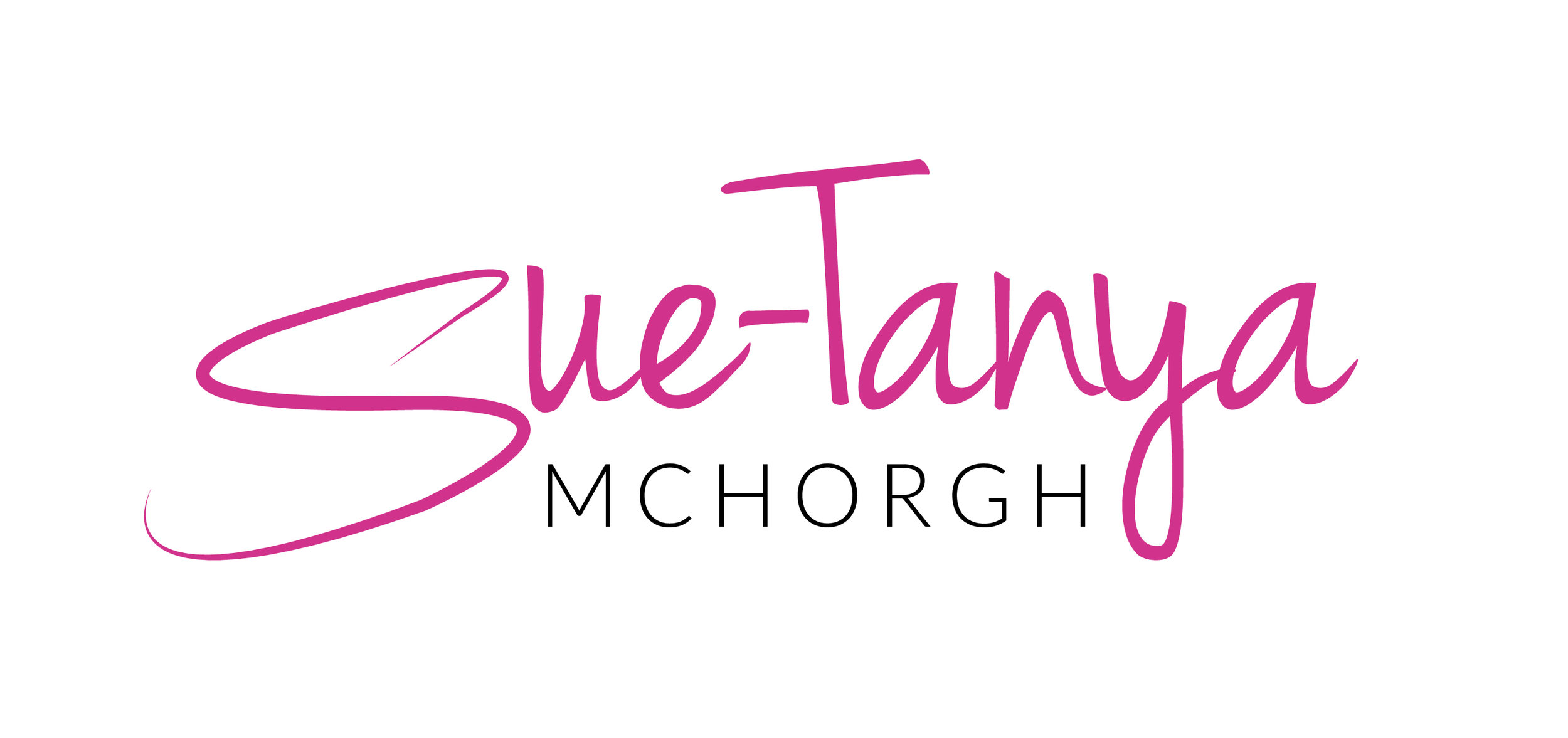Comfort Can Be a Good Thing, But It Can Keep You Bound
In the pursuit of a fulfilling and successful life, we often find ourselves seeking comfort and security. There's nothing inherently wrong with wanting to be comfortable; it's a natural human desire. After all, comfort provides a sense of stability and safety in an unpredictable world. However, there's a paradox to comfort that we must acknowledge: while it can be a good thing, it can also keep us bound, preventing us from reaching our full potential and experiencing personal growth.
The Comfort Zone: A Safe Haven
The comfort zone is a mental space where we feel at ease, familiar with our surroundings, and free from stress or anxiety. It's a place where routines are established, and risks are minimal. The comfort zone is not inherently negative; it serves as a refuge during times of stress or exhaustion. It's where we go to recharge and find solace.
The Limits of Comfort
While the comfort zone offers safety, it can also act as a barrier to progress and personal growth. Here's how comfort can keep you bound:
Stagnation: In the comfort zone, there's little incentive to change or innovate. You're likely to stick to routines and habits that are familiar, even if they no longer serve you.
Fear of the Unknown: Stepping out of your comfort zone often means facing the unknown. Fear of failure, rejection, or uncertainty can hold you back.
Limited Learning: Growth occurs when you challenge yourself and acquire new skills or knowledge. Staying in your comfort zone limits opportunities for learning and development.
Missed Opportunities: Many opportunities for success and fulfillment lie just beyond the boundaries of your comfort zone. Staying within it may lead to missed chances for advancement.
Embracing Discomfort: The Path to Growth
While comfort can keep you bound, embracing discomfort is the key to unlocking your potential and experiencing personal growth:
Set Challenging Goals: Define clear, ambitious goals that require you to step out of your comfort zone. These goals should stretch your abilities and push your limits.
Embrace Failure: Understand that failure is a natural part of growth. Instead of fearing it, view it as a valuable learning experience.
Cultivate Resilience: Develop resilience by facing adversity and learning to bounce back from setbacks. Resilience is a crucial skill for navigating the discomfort of growth.
Seek New Experiences: Actively seek out new experiences, whether they're in your personal or professional life. Novelty sparks creativity and personal development.
Challenge Your Beliefs: Examine the beliefs and assumptions that keep you in your comfort zone. Question whether they serve your long-term goals.
Practice Mindfulness: Mindfulness can help you stay present and reduce anxiety when stepping out of your comfort zone.
The Sweet Spot: Balancing Comfort and Growth
The key to a balanced and fulfilling life is finding the sweet spot between comfort and growth. While comfort provides stability and relaxation, growth offers excitement, achievement, and the fulfillment of your potential. Recognize that you can't experience one without the other. Embrace discomfort as a stepping stone to personal development, and you'll find that the boundaries of your comfort zone expand, allowing you to reach new heights in your life journey.
In conclusion, comfort can indeed be a good thing, offering respite and stability in a chaotic world. However, it's essential to recognize when comfort becomes a limitation and stifles your potential. By consciously embracing discomfort and challenging yourself to grow, you'll break free from the bonds of complacency and experience a richer, more fulfilling life.

